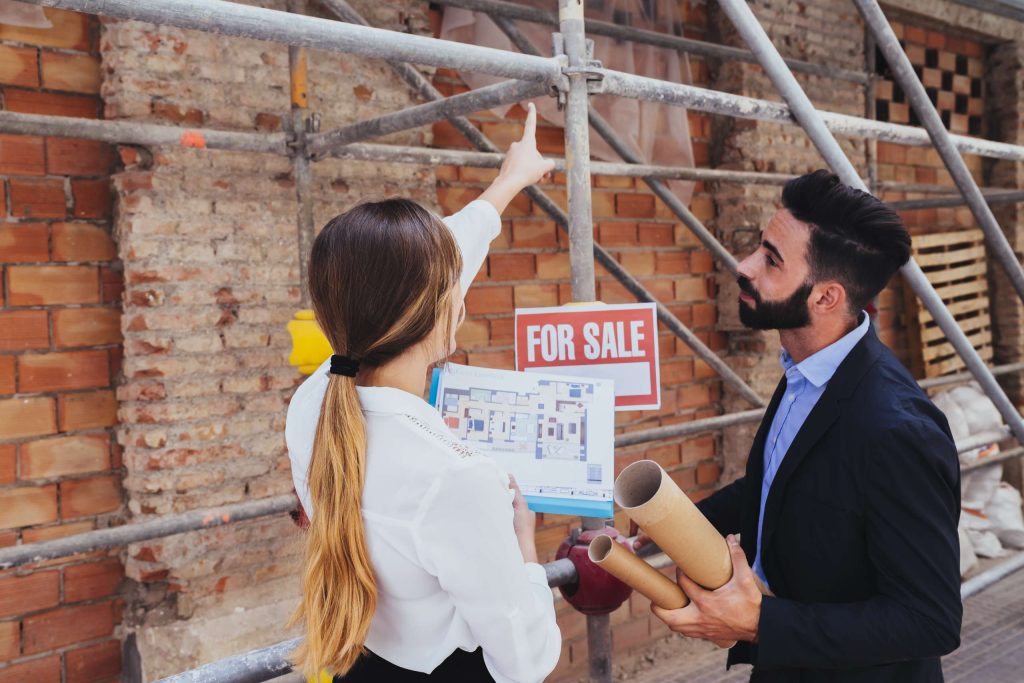Insulation Estimator’s Guide to Waterproofing And Insulation Estimating


Accurate estimation plays a critical role in the world of construction. When it comes to waterproofing and insulation, having a reliable construction or insulation estimator for estimating is crucial. They have the resources for construction professionals to help them navigate the complexities of estimating costs and materials for various aspects of a building. Professionals can ensure that your projects are financially feasible and completed on schedule. They do this by understanding their methods of estimating construction costs, like allocating costs and unit cost estimation. In this article, we will delve into the significance of estimates in waterproofing and insulation, offering insights and tips for estimation.
What is Waterproofing?
Waterproofing involves making an object or structure resistant to water infiltration. It is used in fields, such as construction, to protect buildings and materials from water damage. These safety measures are often called water resistance because they can withstand water penetration, high pressure, and moisture vapour transmission through the structure. Construction estimators play a role in assessing the expenses and resources needed for projects. Their responsibility is to ensure that suitable materials and techniques are employed to achieve waterproofing while staying within limits.
What are the Different Types of Waterproofing Materials?
Different types of materials are commonly utilized in the construction of buildings.
Cementitious Waterproofing: This method uses materials frequently used in internal areas prone to wetness, such as bathrooms. However, it is not designed to withstand weather and sunlight exposure.
Liquid Waterproofing Membrane: This particular coating offers flexibility. It transforms into a rubbery layer once it has cured. Its elongation properties are high. Depends on the type of polymer used.
Bituminous Coating Waterproofing: Also referred to as asphalt coating, this method provides both flexibility and water protection. Nevertheless, prolonged exposure to sunlight can cause it to become brittle and fragile, which is why it can be modified by incorporating materials.
Bituminous Membrane Waterproofing: Commonly used for roofs with slopes, this method is self-adhesive. It comes in types, including exposed versions that can withstand the effects of weather conditions.
Polyurethane Liquid Membrane Waterproofing: This option is suitable for roof areas. Possesses excellent flexibility. However, it requires an evaluation of the slab’s moisture content before application.
These represent some of the materials employed in building construction. It is highly recommended to consult with a construction professional who can determine the appropriate approach for your project and provide reliable insulation estimating solutions.
Purpose of Insulation
Insulation in construction projects refers to the prevention of the transfer of heat through the building structure. Insulation is a method widely used to keep the flow of heat inside the building, thereby reducing the consumption of various electrical equipment which uses electricity. It is natural for heat energy to flow from a higher temperature to a lower temperature. With the help of Insulation, one can reduce heat loss in buildings in cold weather and reduce heat surplus during hot temperatures. There are various types of insulation used in buildings, ranging from Wall cavity and other wall (inside/outside) insulation, Roof insulation, Floor insulation, and Window insulation, which can be used for both commercial and residential insulation.
Different Types of Insulation
Polyurethane Foam: This type of insulation, called spray foam, has an R-value and is excellent at sealing air leaks.
Mineral Wool: This insulation is made from synthetic or natural materials. It’s commonly used in industrial settings because it’s resistant to fire.
Spray Foam: If you need insulation that can fill gaps and cracks, spray foam is an option. It’s applied by spraying onto surfaces. Expands to provide insulation and seal against air leaks.
Fiberglass: Fiberglass is a choice for insulation in both commercial buildings. It’s made from glass fibres and is easy to install.
Glass Wool: Made from glass, this type of insulation is well known for absorbing sound effectively.
Cellulose Insulation: Recycled paper forms the basis of cellulose insulation, often used in wall and ceiling cavities to provide protection.
Soundproofing: These materials are explicitly designed to reduce noise transmission. Acoustic foam, mass-loaded vinyl and other specialized materials are commonly used for soundproofing.
Concrete: Although primarily known as a building material, concrete can also be utilized as an insulator due to its mass properties that allow it to store and release heat effectively.
Polyisocyanurate: A type of foam insulation highly regarded for its R-value rating and resistance against fire hazards.
Foam Core: Foam Core is a type of insulation that utilizes foam materials and is commonly employed in sandwich panels for constructing facades and roofs.
Phenol-Formaldehyde Resin: Resin-based insulation is renowned for its impressive fire resistance capabilities and minimal smoke emissions.
Cementitious Foam Insulation: It is a foam insulation made from cement and other materials often used in industrial applications due to its strength and durability.
Factors to Consider for Waterproofing & Insulation Estimation
- Understand the requirements of the project
- Determine the appropriate materials
- Consider the level of expertise required
- Account for any applicable regulations
- Plan for contingencies
Get Started with Waterproofing and Insulation Estimation with Remote Estimation
Are you looking for accurate and reliable insulation estimating solutions? Look no further than Remote Estimation. Our experienced insulation estimators can accurately estimate your waterproofing and insulation projects. Get started today and streamline your estimating process with Remote Estimation. Whether you’re a seasoned contractor or just starting, our team can help you save time and money on your projects. Please don’t wait; contact us today to learn more about our insulation estimating solutions.

